DePauw University, like other liberal arts institutions, had to do some soul-searching.
Liberal arts enrollments have been declining across the nation, the result of a diminishing college-age population and the concerns of parents anxious that their offspring won’t be employable unless they have a STEM-related degree – that is, a degree in science, technology, engineering or math.
But rather than validate that anxiety or appease concerns, DePauw President D. Mark McCoy specifically sought to obviate the notion. And thus the Gold Commitment was born.
Each student who enters DePauw starting this fall and who meets traditional academic requirements and new cocurricular requirements over the next four years is eligible for a guarantee that he/she/they will find a job or be admitted to graduate school within six months of graduation. If that doesn’t happen, the university will help the student get a job or bring him/her/them back to campus for a tuition-free semester.
The job guarantee – the first such comprehensive commitment in the country – should go a long way toward assuaging parental concerns, McCoy says. But like any marquee, there’s more than meets the eye. He and other administrators expect the guarantee will seldom come into play; DePauw already boasts a post-graduation job-attainment rate of about 95 percent. More to the point, they are so convinced that the liberal arts, especially DePauw-style, prepare students for life that they zealously proselytize about them.
DePauw liberal arts, McCoy says, imbue students with cultural agility and teach them to write well, speak well, think critically and quickly and put things into context. They prepare students to thrive at a time when artificial intelligence threatens to radically change the world – a time that McCoy, as an administrator whose responsibility is “to see around corners and to think about the bigger picture of what’s coming down the road,” has mulled considerably.
When artificial intelligence catches up and surpasses human abilities – an impending moment some call “technological singularity” – “it’s the human experience that matters the most,” McCoy says. “What skills must we focus on to survive in the technological age, after the technological singularity? In my opinion, and to the best of my ability and with my murky crystal ball, it seems that there are eight.”
Those eight skills – including ethical reasoning, creativity and entrepreneurship – dovetail with eight centers on DePauw’s campus, whose programming is the backbone of the new cocurricular requirements.
It’s the human experience that matters the most.– D. MARK MCCOY, president
“Just like we provide a set of options for (students) to choose from in the curriculum, there will be a set of options that they can choose from” for out-of-class experiences, says David Berque, associate vice president for student academic life and executive director of the Kathryn F. Hubbard Center for Student Engagement.
“This is not about asking our students to do more than they’ve been doing in many cases,” Berque says. “It’s about giving them some framework to understand how the pieces of what they’re doing fit together and to help them be able to tell a story about what they’re doing.”
Berque heads the Centers Council, which facilitates collaboration among the centers to create “a cohesive cocurriculum for the student body (that), coupled with the powerful curriculum we already have, would lead to a truly first-rate experience.”
Says McCoy: “It has to be understood definitively and categorically that the key to our success is our liberal arts education. Period. . . That is the necessary ingredient. All of these other things are what we’re doing to add to the liberal arts to make them even more powerful. . . That’s how we develop leaders the world needs.”
DePauw has eight centers that provide cocurricular experiences for students. They are:
- Robert C. McDermond Center for Management & Entrepreneurship
- Eugene S. Pulliam Center for Contemporary Media
- Janet Prindle Institute for Ethics
- Kathryn F. Hubbard Center for Student Engagement
- Justin and Darrianne Christian Center for Diversity and Inclusion
- Tenzer Technology Center and Visualization Laboratory
- Hartman Center for Civic Engagement
- 21st-Century Musician Initiative
This issue of DePauw Magazine focuses on the Prindle Institute. The other centers will be highlighted in future issues.
DePauw Magazine
Summer 2018
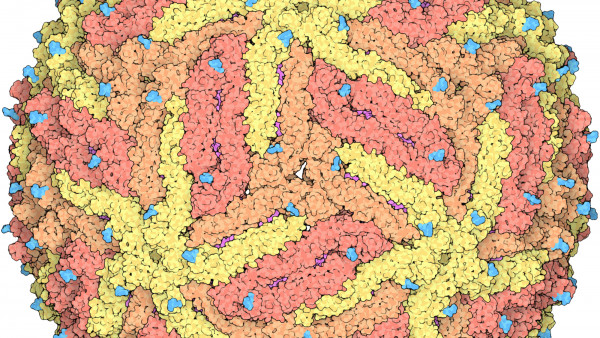 Art and science and serendipity
Art and science and serendipity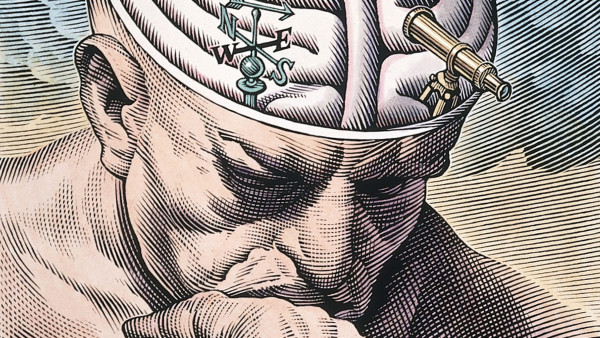 Encouraging an ethical ethos
Encouraging an ethical ethos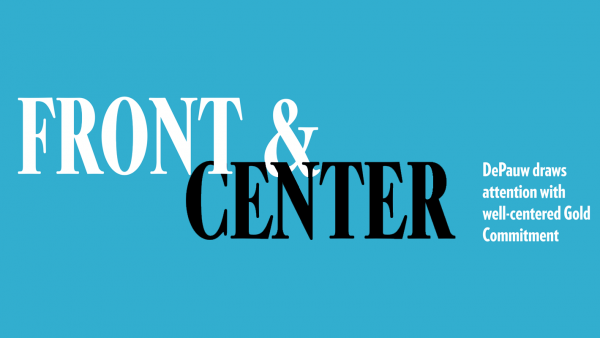 Front & center
Front & center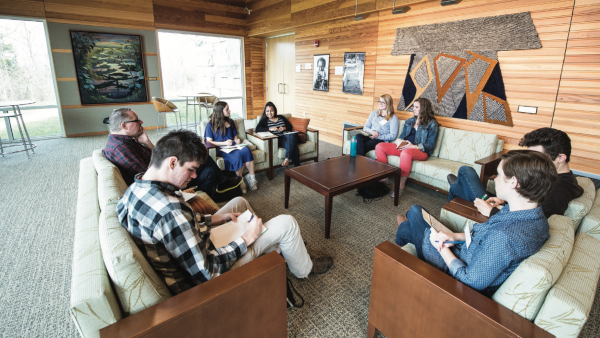 Prindle’s Purpose
Prindle’s Purpose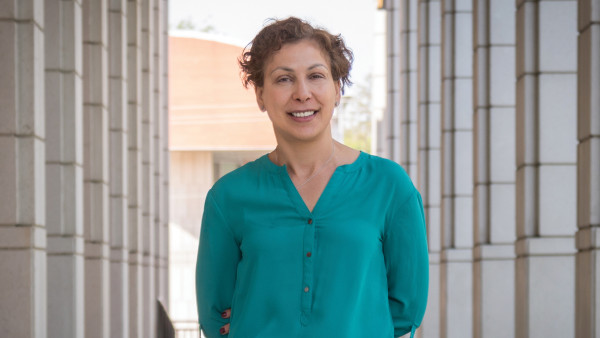 Ethics in disciplines
Ethics in disciplines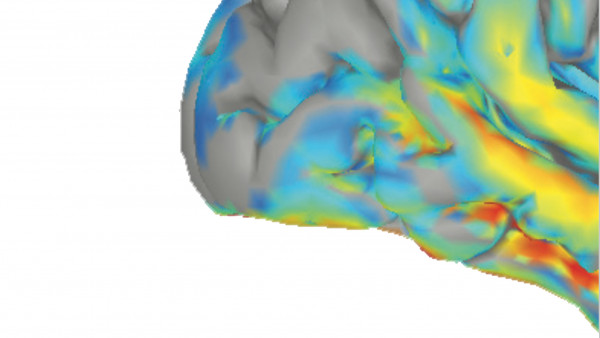 Your brain on ethics
Your brain on ethics
DePauw Stories
A GATHERING PLACE FOR STORYTELLING ABOUT DEPAUW UNIVERSITY
Browse other stories
-
Athletics
-
Men's Basketball - Trio of Tigers Earn All-NCAC Men's Basketball Honors
-
Women's Basketball - Tigers Travel to Carroll College for NCAA Opening Round
-
Baseball - Tigers Drop Final Game in Memphis
More Athletics
-
-
News
-
Francesca Seaman Speaks the Language of Mentorship
-
DePauw Announces $10 Million Matching Challenge for Student Scholarships
-
DePauw University Remembers Esteemed President Emeritus Robert G. Bottoms
More News
-
-
People & Profiles
-
Empie, Party of Five: One Family’s Unique DePauw Bond
-
Entrepreneurs Eric Fruth ’02 and Matt DeLeon ’02 Are Running More Than a Business
-
Rick Provine Leaves Legacy of Leadership and Creativity
More People & Profiles
-
-
Have a story idea?
Whether we are writing about the intellectual challenge of our classrooms, a campus life that builds leadership, incredible faculty achievements or the seemingly endless stories of alumni success, we think DePauw has some fun stories to tell.
-
Communications & Marketing
101 E. Seminary St.
Greencastle, IN, 46135-0037
communicate@depauw.eduNews and Media
-
News media: For help with a story, contact:
Bob Weaver, Senior Director of Communications.
bobweaver@depauw.edu.